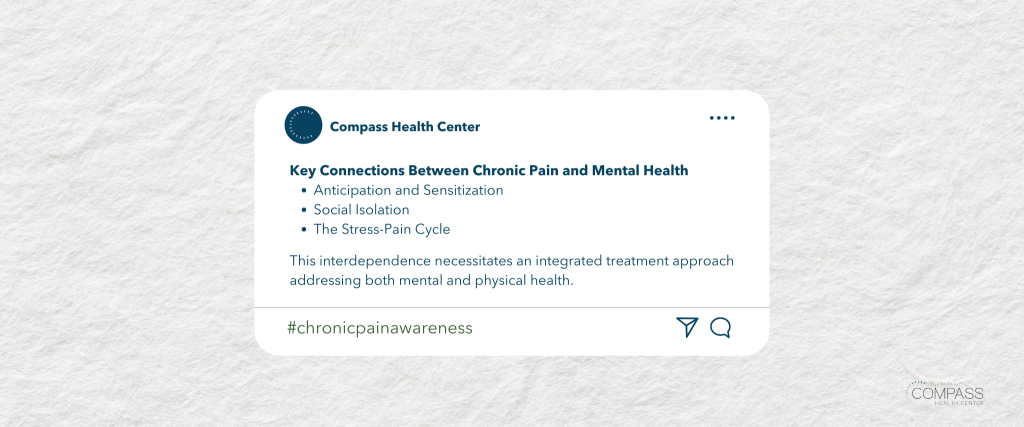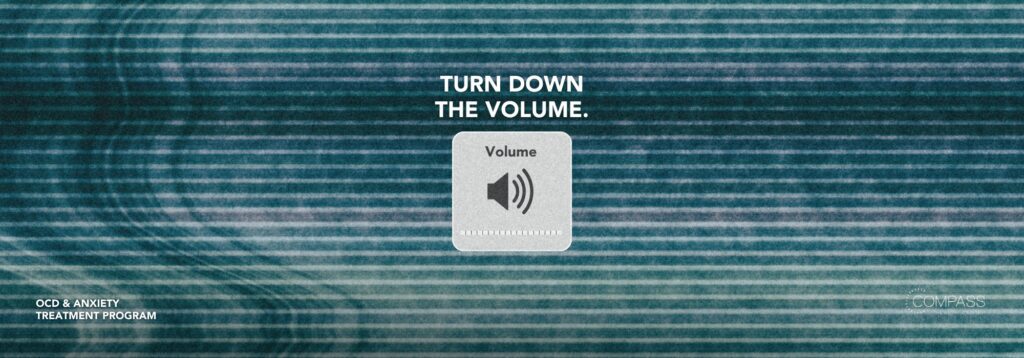
How Chronic Pain Affects Mental Health: Understanding the Link
Chronic pain is more than just physical suffering—it’s an invisible epidemic affecting the quality of life for those trying to manage their symptoms. According to The New York Times, chronic pain impacts about 100 million individuals in the United States alone and as many as two billion globally. Despite its prevalence, it often receives a fraction of the attention of other serious health conditions. Importantly, the burden of chronic pain extends beyond physical discomfort, intertwining with mental health challenges like anxiety and depression.
What Is Chronic Pain?
Chronic pain is defined as ongoing or recurrent discomfort lasting longer than three to six months. Unlike acute pain, which signals injury or illness, chronic pain persists, often without a clear cause, or lingers long after an injury has healed. The New York Times notes that chronic pain is recognized as a disorder of the nervous system, where nerves become overly sensitized or hyperactivated, stemming from genetic, neurological, and hormonal factors.
The Impact of Chronic Pain on Mental Health
The relationship between chronic pain and mental health is complex. For those living with chronic pain, the daily struggle can lead to feelings of hopelessness, frustration, and despair, disrupting sleep and limiting activities, which exacerbates mental health issues. This psychological impact extends to family members who may also experience emotional distress.
“Chronic pain can significantly impact mental health, affecting our belief systems, emotional regulation, and social interactions. It presents unique challenges to wellness recovery, necessitating specialized psychiatric care,” explains Laura Robinson, LCPC, Director of Mental Health, Chronic Pain, and Illness Program at Compass Health Center.
Three Key Connections Between Chronic Pain and Mental Health
- Anticipation and Sensitization: Chronic pain rewires the brain, encouraging heightened sensitivity and anticipation of discomfort, perpetuating stress cycles.
- Social Isolation: Chronic pain limits participation in activities, leading to loneliness and withdrawal.
- The Stress-Pain Cycle: Stress and depression trigger physiological changes that exacerbate pain.
This interdependence necessitates an integrated treatment approach addressing both mental and physical health.
The Need for Multidisciplinary Treatment
Chronic pain and illness require a combination of medical, psychological, and lifestyle interventions, including:
- Evidence-based Therapy, including Dialectical Behavior Therapy (DBT), Cognitive Behavioral Therapy (CBT), and Acceptance and commitment therapy (ACT) for managing thought patterns.
- Medications for chronic pain and/or mental health symptoms, as prescribed by the individual’s chronic pain doctor and psychiatrist.
- Physical Therapy to improve mobility or alleviate symptoms, as needed.
- Mindfulness Practices to reduce stress.
However, these resources are not always easily accessible, leaving many without needed support.

How Compass Health Center Helps
At Compass Health Center, we understand chronic pain’s complexity and the influence it can have on mental well-being. Our specialized programs—such as the Mental Health, Chronic Pain & Illness Partial Hospitalization Program (PHP) and Intensive Outpatient Program (IOP),—are designed to address both the physical and emotional aspects of healing.
These programs are available in-person or virtually, making it easier for individuals to access treatment from the comfort of their own homes. Virtual options remove logistical obstacles, ensuring that those who have difficulty traveling due to physical limitations can still receive the care they need.
Our multidisciplinary approach combines the expertise of psychiatrists, nursing staff, and specialized individual, family, and group therapists. We also coordinate with outpatient chronic pain management specialists to ensure that each individual receives comprehensive care.
By using an evidence-based approach and treating chronic pain from multiple angles, we help individuals manage both physical symptoms and mental health challenges. With personalized treatment plans, mindfulness exercises, and integrated care, our goal is to support individuals in gaining control of their lives and improving their overall well-being.
Facing Chronic Pain, Illness, and Mental Health Challenges?
At Compass Health Center, we offer specialized PHP and IOP programs designed to provide the care and support you or your loved one needs. Call 877-552-6672 or visit us here to learn more about how we can help you on your journey toward healing.
Further Reading
- Mental Health, Chronic Pain And Illness: Everyone’s Treatment Journey Looks and Feels Different
- Which Mental Health Diagnoses are Treated at the PHP/IOP Levels of Care at Compass?



